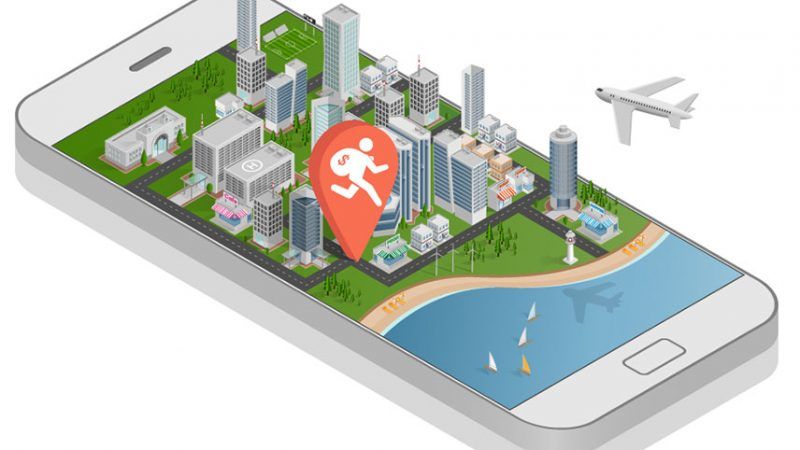Use a Cellphone, Void the Fourth Amendment?

In May, the Indiana Supreme Court tackled one of the most pressing questions in modern Fourth Amendment law: When the police decide to use someone's cellphone to track his location, do they need a search warrant to get the data from his cellular service provider?
In Zanders v. Indiana, cops obtained Marcus Zanders' cell site data without a warrant and used that information to trace back his whereabouts during the time periods in which several armed robberies were committed. Those records were later used against Zanders at trial.
Cellphones are "double-edged swords, increasing convenience at the expense of privacy," the Indiana Supreme Court observed. The justices then demonstrated just how expensive the costs to privacy can be. "Zanders presumptively knew that his phone makes and receives calls by sending signals to towers," the decision said, "and that Sprint keeps records of these signals for business purposes like billing and tracking tower usage." Because customers have no "reasonable expectation of privacy" in such records, the court ruled, the Fourth Amendment offers them no protection when the police obtain those records without a warrant.
The state Supreme Court claimed that its hands were tied and that it had no choice but to rule in favor of the police due to controlling U.S. Supreme Court precedents. In Katz v. United States (1967), for example, the Court held that "what a person knowingly exposes to the public, even in his own home or office, is not a subject of Fourth Amendment protection." Even more significantly, in Smith v. Maryland (1979), the Court ruled that "a person has no legitimate expectation of privacy in information he voluntarily turns over to third parties."
This legal standard, also known as the "third-party doctrine," places the Fourth Amendment right to be free from unreasonable search and seizure in direct conflict with the vast warrantless powers that law enforcement agencies now routinely enjoy. Something has to give.
How many Fourth Amendment protections do we forfeit when we use a cellphone? The U.S. Supreme Court will eventually have to face that question. It's high time it gave the third-party doctrine a second look.
This article originally appeared in print under the headline "Use a Cellphone, Void the Fourth Amendment?."
Editor's Note: As of February 29, 2024, commenting privileges on reason.com posts are limited to Reason Plus subscribers. Past commenters are grandfathered in for a temporary period. Subscribe here to preserve your ability to comment. Your Reason Plus subscription also gives you an ad-free version of reason.com, along with full access to the digital edition and archives of Reason magazine. We request that comments be civil and on-topic. We do not moderate or assume any responsibility for comments, which are owned by the readers who post them. Comments do not represent the views of reason.com or Reason Foundation. We reserve the right to delete any comment and ban commenters for any reason at any time. Comments may only be edited within 5 minutes of posting. Report abuses.
Please to post comments


You'd think a cell provider would start an opt-out provision and advertise it heavily to attract the civil rights conscious customers. Resurrect Apple's famous 1984 ad, for example.
Oh, wait, the Feds would crush such a provider....with regulations, anti-trust, licensing, etc.
Nice company ya got there. Shame if it suddenly got regulated out of existence.
So what we're really saying is that a company like Apple, Verizon, Sprint, etc. have zero protection from local police demanding records, right? It's like FOIA, only they can't refuse and if they don't handle the request in a timely fashion they get arrested! Seems legit, right?
/sarc
If that's the way the government wants it then make all cell phones anonymous. Nobody's name is associated with a cell phone, only prepaid minutes left per month. Bills paid by bitcoin. Pretty much a burner phone and you don't need an ID to buy one at Walmart or whatever.
(contd) Police don't just want cell phone records. They want to tie the phone to a specific person and specific calls or location of calls.
Same thing with online accounts requiring your firstborn child to maintain the account. Passwords are not enough. Why do you need security questions for your utility account? Who cares if someone breaks into your internet account? Police want your name, your address, your usage information, and payment information without having to get a warrant.
Isn't that begging the question?